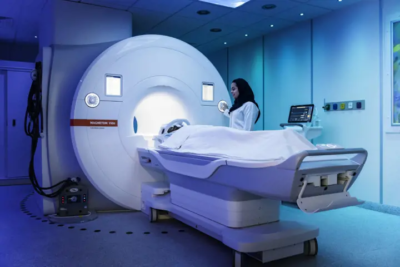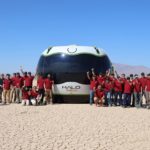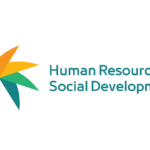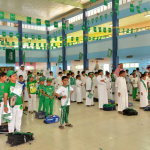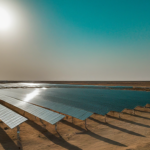
“Prior to this, I think very few of us would have thought of importing shrimps from Saudi Arabia. It is not something that comes to mind. But now that we know this can be done, and it can be done in a very price-competitive manner, then we can explore with the Saudi embassy and suppliers on what other products they can offer.”
–Chan Chun Sing, Singapore Minister for Trade and Industry, discussing the first shipment of Saudi shrimp sourced from the Red Sea. The Red Sea shrimps are priced at a premium as they are known for their rich flavor, thanks to the Red Sea’s high salinity compared with seawater in other parts of the world. [Straits Times]

“Maintaining the riyal peg at current levels remains a key policy priority for the Saudi authorities. In a low oil price environment, however, this means that fiscal policy will have to tighten, keeping the budget deficit in check in order to ensure that external balances remain consistent with peg stability.”
-Farouk Soussa, London-based analyst at Goldman Sachs, said in a report discussing the Riyal peg to the dollar, in a note to clients. [Bloomberg]

“When the world needed leadership [to combat Covid-19] there was none.” The G20 stepped up because some nations “turned inwards towards nationalism.”
-Khalid Al-Falih, Saudi Minister of Investment, reinforcing the G20’s stated aim is to pull countries together to combat Covid-19, accelerate testing, treatment and vaccines for all, while helping poor nations cope with the pandemic’s economic impact. [CNN]

“We have a genuine bilateral programme with a joint aspiration to reduce emissions. If we can help each other bilaterally in attending to that, it will be a good launching pad for a good relationship with the yet-to-come Biden administration.”
-Saudi Energy Minister Prince Abdulaziz bin Salman, speaking at a G20 event, expressed confidence that there will be many opportunities for U.S.-Saudi cooperation across a broad range of common interests. [Arabian Business]

“We have done a study with the ITU that shows four months’ worth of lockdown is going to cost the global economy close to $10 trillion in the next 10 years. This is why in the Saudi G20 presidency, we drove consensus to make sure that connecting the unconnected world and connecting humanity is a top priority.”
-Abdullah A. Alswaha, Saudi Minister of Communications and Information Technology, during an interview with CGTN adding that “digitalization is the biggest social equalizer and economic multiplier” in a world still reeling under the shadow of COVID-19. [CGTN Digital]

“It is estimated that over 75 percent of all emerging infectious diseases in humans are zoonotic, that is they’re transferred from animals to humans, which itself is directly related to human activities, like deforestation and the destruction of wetlands. So, let us seize this historic opportunity to hit the reset button. To integrate into this brave new world a greater respect for our environment, for biodiversity and for planet.”
-John Pagano, CEO, Saudi Red Sea Development Company (RSDC), during a G20 media briefing outlined RSDC’s intent to accelerate the world’s transition to sustainable development. [Arab News]

“This fall, new international students enrolled at U.S. universities online or in person fell by 43%, according to a survey of more than 700 schools released Monday. That’s the largest decrease recorded by the Institute of International Education, which has been publishing data on international enrollment since 1954.”
-John Seewer and Collin Binkley reporting for AP on the steep drop in numbers of international students attending U.S. universities this year. [Associated Press]

“We are likely to see very positive recovery in 2021, north of 3 percent…[the coronavirus pandemic] showed how important [economic reform] is for the Saudi economy…The reforms of the past three to four years have also made the government more informed and able to respond more quickly.”
-Mohammed Al-Jadaan, Saudi Arabian Finance Minister, in comments to Nikkei on the Saudi economy and the positive impact of adopting Vision 2030 in 2016 in adapting to the crises sparked by the global pandemic. [Nikkei]

“When my grandfathers spoke to me as a child about their experience of Hajj, they told me of the physical attraction they felt towards the Kaaba, that they felt drawn to it by an almost magnetic pull.”
-Ahmed Mater discussing his acclaimed work Magnetism which he has donated to be offered as part of The Future is Unwritten Healing Arts Auction unveiled by Christie’s, the WHO Foundation and UN75; a cause which acts as a cultural call-to-action to support a global COVID-19 response through the arts. [Christie’s]



